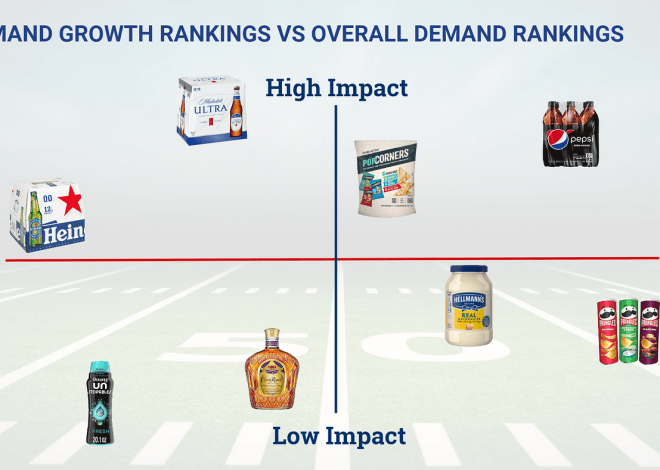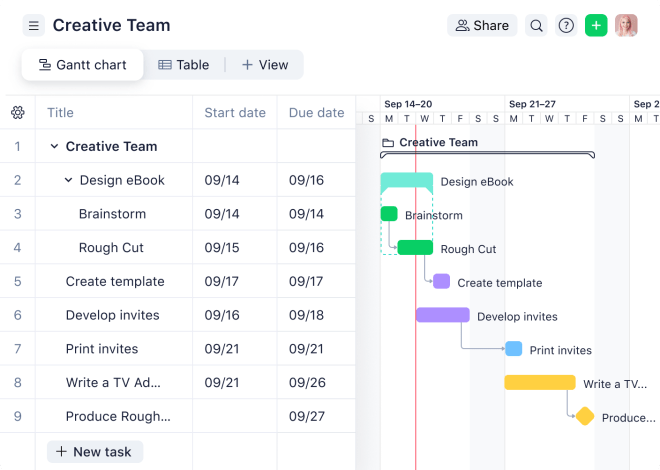Mastering Bookkeeping: A Guide to the Best Online Courses for Businesses
Running a successful business requires more than just a great product or service. Understanding your finances is crucial for growth and stability. This means mastering bookkeeping, a skill that can seem daunting at first. Fortunately, numerous excellent online courses can help you navigate the intricacies of accounting and develop the expertise needed to manage your business’s financial health effectively. This comprehensive guide will explore the top online courses available, helping you choose the perfect fit for your needs and experience level.
Why Online Bookkeeping Courses Are Essential
Traditional bookkeeping education often involves expensive in-person classes and inflexible schedules. Online courses offer a far more accessible and affordable alternative. They provide flexibility, allowing you to learn at your own pace and on your own schedule. This self-paced learning is particularly beneficial for busy entrepreneurs who might struggle to commit to fixed class times. Furthermore, many online courses incorporate interactive elements, such as quizzes and practice exercises, to enhance learning and retention. The convenience and cost-effectiveness of online learning make it an ideal solution for individuals seeking to improve their bookkeeping skills.
Choosing the Right Online Bookkeeping Course: Key Considerations
With so many options available, selecting the right bookkeeping course can feel overwhelming. Several factors should guide your decision. Consider your current bookkeeping knowledge, your learning style, the course’s curriculum, and the instructor’s credentials. A beginner might benefit from a course with a gentle learning curve and comprehensive foundational content. Someone with prior accounting experience might prefer a more advanced course focusing on specialized aspects of bookkeeping. Look for courses with positive reviews and testimonials from previous students. The course’s price and duration should also be considered.
Factors to Evaluate:
- Course Content: Does the curriculum cover all the essential bookkeeping topics? Does it align with your learning goals?
- Instructor Expertise: Does the instructor possess relevant qualifications and experience? Are they known for their clear explanations and engaging teaching style?
- Learning Format: Do you prefer video lectures, interactive exercises, or a combination? Choose a format that best suits your learning style.
- Student Support: Does the course offer access to instructors or teaching assistants for questions and feedback? Is there a community forum for peer interaction?
- Certification: Does the course offer a certificate of completion upon successful completion? This can be valuable when applying for jobs or seeking professional recognition.
Top Online Bookkeeping Courses for Businesses
The following are some of the best online bookkeeping courses available, categorized by experience level and focus.
Beginner-Friendly Bookkeeping Courses:
These courses are ideal for individuals with little to no prior bookkeeping experience. They provide a solid foundation in fundamental bookkeeping principles and practices.
- Course A: This course focuses on the basics of double-entry bookkeeping, accounts payable and receivable, and bank reconciliation. It includes numerous practice exercises and real-world case studies.
- Course B: This course uses a step-by-step approach to teach essential bookkeeping concepts. It emphasizes practical application and includes interactive simulations to reinforce learning.
- Course C: Known for its engaging video lectures and supportive online community, this course is perfect for visual learners who appreciate peer interaction.
Intermediate Bookkeeping Courses:
These courses build upon foundational knowledge, delving into more complex bookkeeping topics such as inventory management, payroll processing, and financial statement analysis.
Course D: This course covers advanced bookkeeping techniques for small businesses, including the use of accounting software like QuickBooks and Xero. It emphasizes practical application and real-world scenarios. The course also features guest lectures from experienced accountants.
Course E: This comprehensive course teaches students how to prepare financial statements, analyze financial data, and make informed business decisions based on financial insights. It includes case studies and projects that simulate real-world business challenges.
Advanced Bookkeeping Courses:
These courses are designed for experienced bookkeepers seeking to enhance their skills and expertise in specialized areas.
Course F: This course focuses on advanced accounting principles and techniques, including accrual accounting, cost accounting, and budgeting. It prepares students for professional accounting certifications.
Course G: This specialized course covers international bookkeeping standards and practices, ideal for individuals working with multinational corporations or businesses operating in multiple countries.
Course H: This course dives deep into the use of sophisticated accounting software and automation tools to streamline bookkeeping processes and increase efficiency; It equips students with the skills to manage complex accounting systems.
Beyond the Course: Essential Bookkeeping Tools and Resources
While online courses provide a strong foundation, mastering bookkeeping requires consistent practice and the use of appropriate tools. Accounting software, such as QuickBooks and Xero, simplifies many bookkeeping tasks. These programs automate many processes, reducing the risk of human error and saving valuable time. Utilizing spreadsheets for tracking income and expenses is also incredibly helpful. Staying updated on tax laws and regulations is crucial; resources from government agencies and professional accounting organizations can provide the necessary information.
Making the Most of Your Bookkeeping Education
To maximize the benefits of an online bookkeeping course, commit to consistent learning and practice. Regularly review the material, participate in online discussions, and complete all assigned exercises. Network with other students and professionals in the field. Consider joining professional organizations to stay updated on industry best practices and access additional resources. Remember, mastering bookkeeping is an ongoing process; continuous learning is key to success.
Mastering bookkeeping is a significant investment in your business’s future. By choosing the right online course and committing to continuous learning, you can equip yourself with the skills necessary to manage your finances effectively, leading to greater financial clarity, stability, and ultimately, success.
The benefits extend beyond just financial management; a strong understanding of your finances empowers better decision-making, enhances your business acumen, and builds confidence in your entrepreneurial journey.
Remember to select a course that aligns with your learning style and experience level, ensuring a positive and productive learning experience.
With dedication and the right resources, mastering bookkeeping is entirely achievable, setting the stage for your business’s continued growth and prosperity.
Through consistent effort and the application of the knowledge gained, you can confidently manage your financial records and make informed decisions that propel your business forward;



